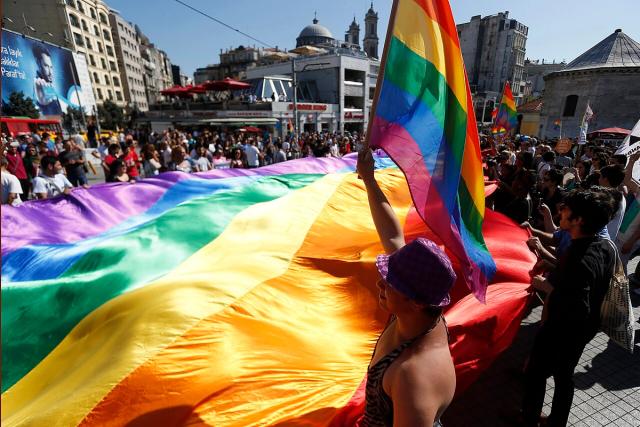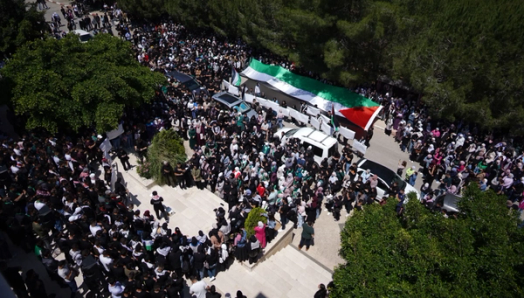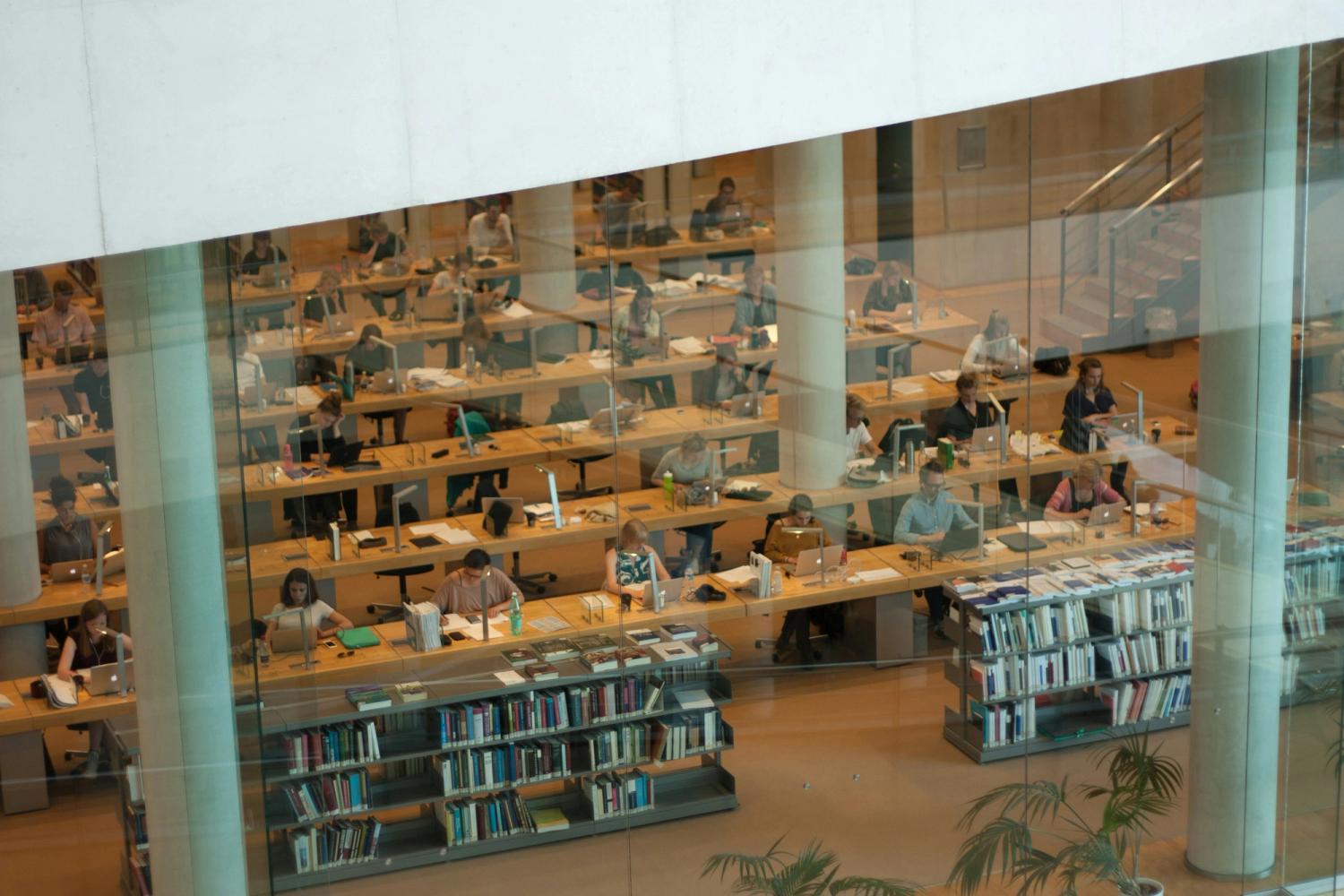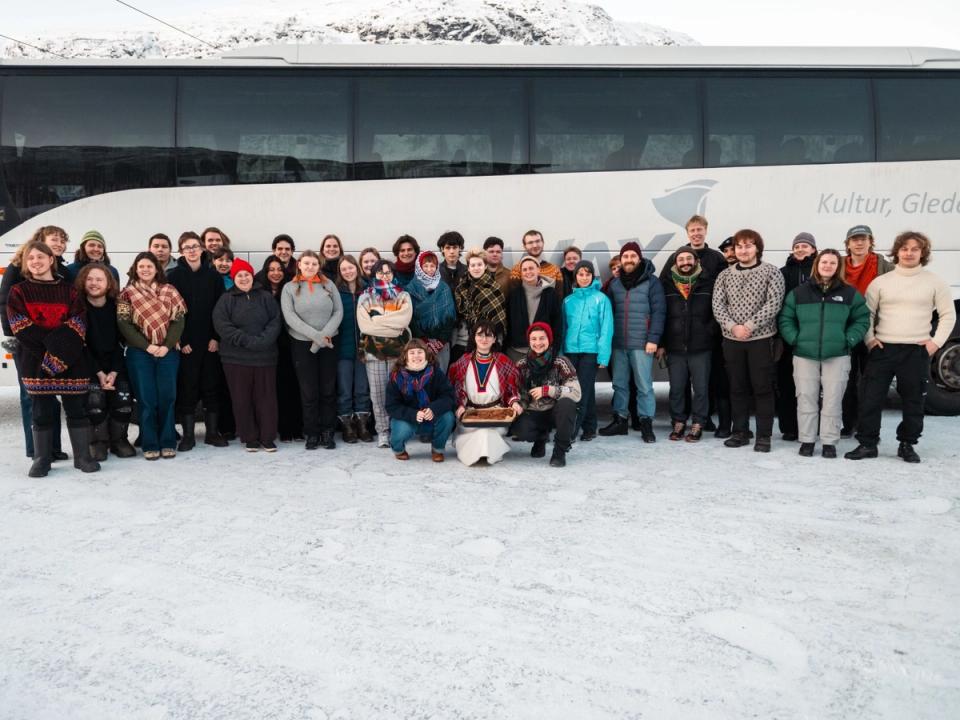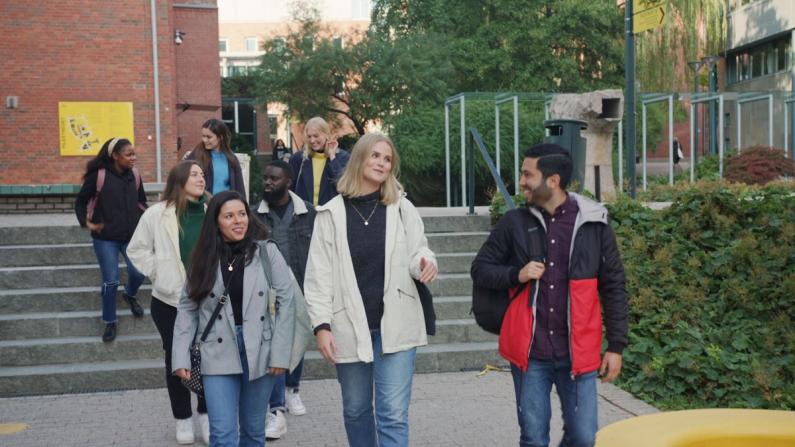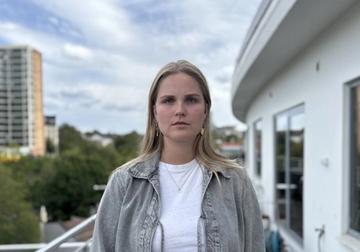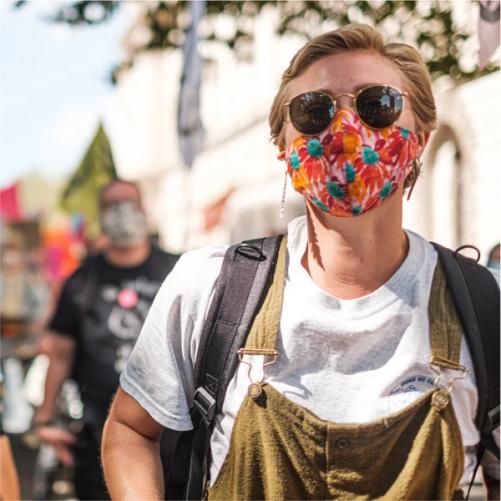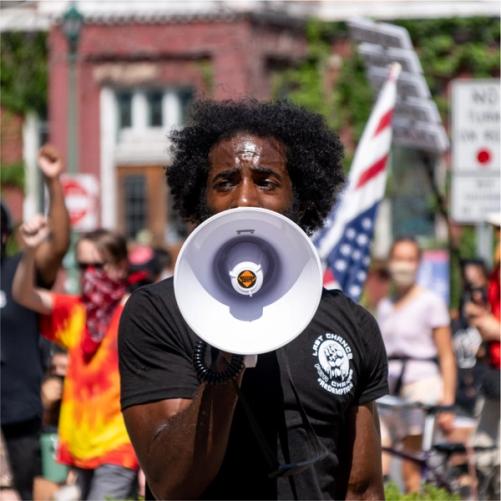Nyhet
Western Sahara ABC
A. Western Sahara is situated where the Sahara meets the Atlantic Ocean, just southeast of the Canary Islands. Spain withdraws from the colony in 1975 and war breaks out between the two occupying powers, Morocco and Mauritania, and the liberation movement, Polisario. Both the UN and the International Court of Justice, state that it is the people of Western Sahara, the Saharawi, who shall determine the status of the country through a referendum. Neither Morocco nor Mauritania can rightfully claim the territory. Morocco eventually occupies large parts of Western Sahara, and the war drives the majority of the Saharawi into refugee camps in Algeria. Polisario controls the desert area in the east of the country. B. The armed conflict between Morocco and Polisario continues until 1991, when a ceasefire is negotiated. The condition for the ceasefire is that a referendum should be conducted. Still this condition has not been met, and Morocco has moved a large number of settlers and businesses into the occupied area. The Sahrawi refugees live largely in the desert in Algeria, where they are dependent of emergency aid, while the Saharawi in Morocco and Western Sahara are living under difficult conditions. C. Despite the fact that more than 100 resolutions from the UN demand that Western Sahara's people have the right to self-determination, the referendum has not been held. Morocco profits on exploiting the natural resources of Western Sahara, and this is why Morocco continues the occupation with the help of several Norwegian companies that have trade agreements with Morocco in Western Sahara. The Saharawi have very limited opportunities to express themselves, organize themselves and get a good education. The abuse against the Saharawi population persists.
Timeline: 1884: Western Sahara is colonized by Spain 1963: The UN states that the inhabitants of Spanish Sahara (later Western Sahara) have the right to self determination, and that Spain must respect this right. 1973: The liberation movement Polisario Front is formed for the liberation from Spain. 1975: The International Court of Justice states that the people of Western Sahara have sovereignty over Western Sahara, and thus rejects the Moroccan and Mauritanian territorial claims(1). Nevertheless, Moroccan and Mauritanian troops move into Western Sahara while the area is still Spanish. A war breaks out between the two occupying powers on the one side and the Polisario on the other. The majority of the Saharawi flee to refugee camps in Algeria.
1976: Spain retreats formally from Western Sahara, and the Saharawi in exile form the Saharawi Arab Democratic Republic. 1979: Mauritania withdraws from Western Sahara, after being defeated militarily by the Polisario. Morocco moves into the area that Mauritania had previously occupied. 1984: Western Sahara is accepted as member of the African Union. Morocco answers by leaving the Union. 1987: Morocco completes the construction of the 2200 km long wall that splits Western Sahara into two parts. The construction took 5 years. 1991: The United Nations negotiated a ceasefire between Morocco and Polisario with the condition that a referendum on the territory's status should take place in 1992. The UN appointed an operation, MINURSO, to conduct the poll. 2004: After having dragged out time for over a decade, Morocco now refused to hold a referendum. They were met with few international reactions. Polisario later agreed that the Moroccan settlers in Western Sahara should have voting rights in the Saharawi referendum. 2009: It has been 18 years since the referendum was supposed to be held, and more than 100 resolutions from the United Nations have demanded that Western Sahara's people must have the right to self determination. MINURSO is still stationed in Western Sahara. Abuses against the Saharawi population persist, and Africa's last colony has still not been given self-determination. Approximately 165 000 refugees are living in refugee camps in Algeria. Sources: (1) The International Court of Justice - on Western Sahara "The Court's conclusion is that the materials and information presented to it do not establish any tie of territorial sovereignty between the territory of Western Sahara and the Kingdom of Morocco or the Mauritanian entity." UN MINURSOBBC The Norwegian Support Committee for Western Sahara: Wikipedia – About the Wall
